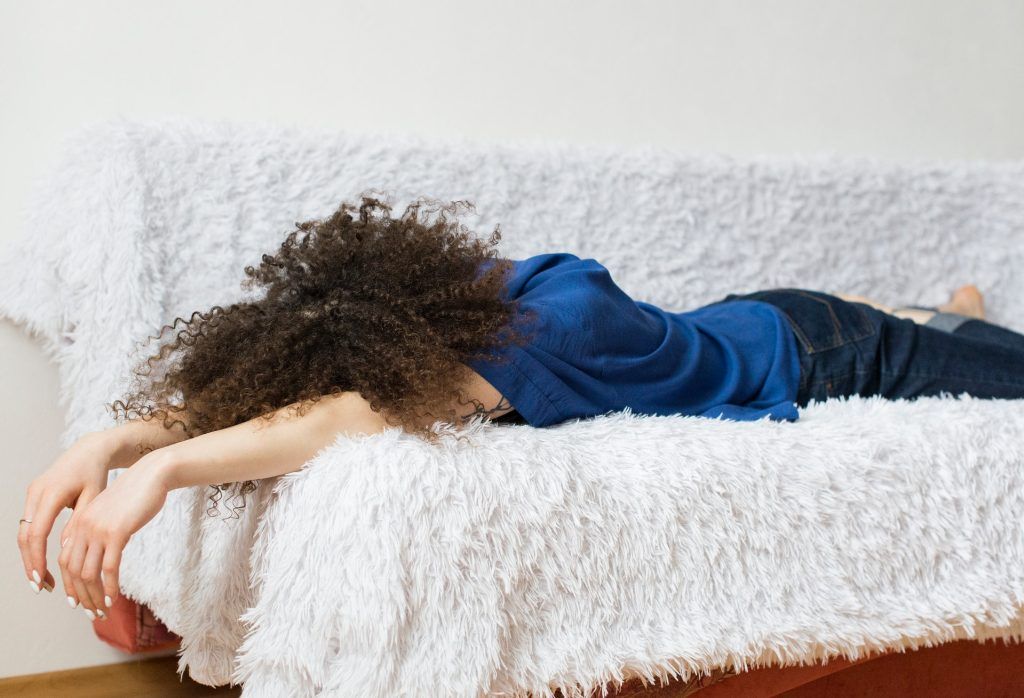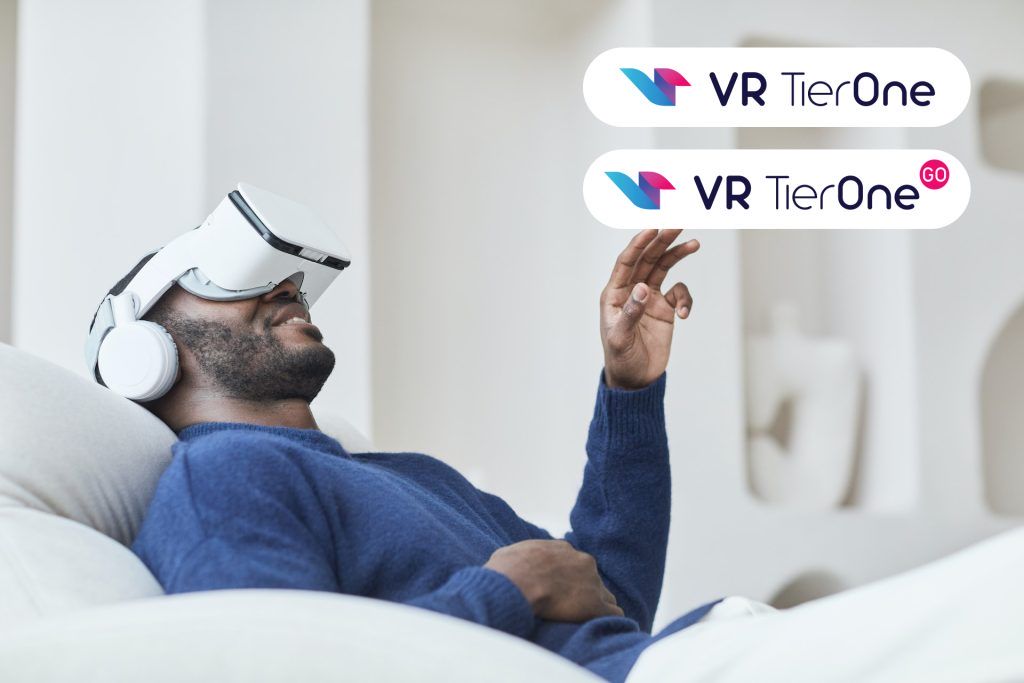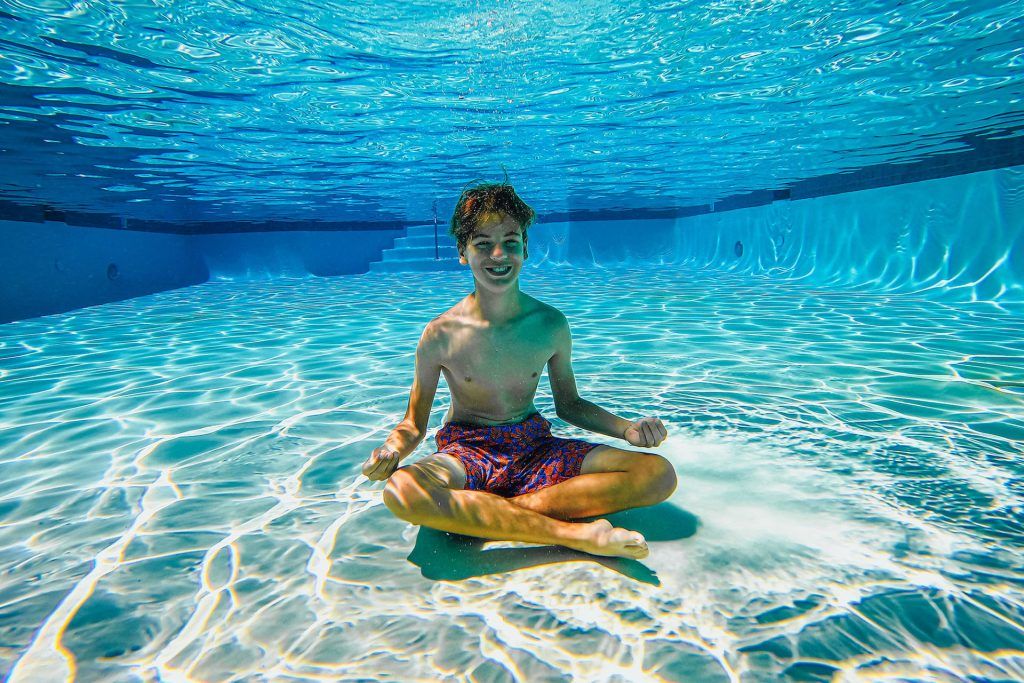When looking for the reasons for ineffectiveness of rehabilitation, attention should be paid to psychological factors that complicate the course of patient recovery. The poor mental condition of patients inhibits the achievement of the expected rehabilitation effects. Overcoming the symptoms of depression, anxiety and stress, which all reduce the effectiveness of rehabilitation is extremely important. It is also now possible thanks to modern VR TierOne therapy.
An Active Patient
Medical rehabilitation focuses primarily on the patients and improving their functioning following illness, surgery or injury. What is required for such a recovery is the patients’ active participation in this process. The main form of rehabilitation is exercise, which requires proactive attitude. After all, the effects of rehabilitation are not only dependent on the rehabilitator. Persistent and active participation in rehabilitation activities is the perfect scenario, but unfortunately it is far from common. What makes the patients passive, without motivation to take actions that are supposed to recover their health? Patients, who are reluctant to participate in rehabilitation, without energy and motivation, may suffer from depression.
A motivated patient
Motivation for rehabilitation should come on its own, after all, it is about recovering health, but it is not the case. It is often the case that patients requiring rehabilitation have issues with discovering the strength, and give up what can bring them back to fitness. Depression in somatic patients is a widespread phenomenon and it may be considered a predictor of refusal to participate in rehabilitation activities. Lack of motivation, lack of hope for improving one’s condition, a sense of pointlessness of recommendations, all these may suggest the presence of depressive disorders. Unmotivated patients find it difficult to work systematically, and this leads to interruptions in regular exercises. The improvement process does not run smoothly and its effectiveness decreases. Lack of patient motivation seriously hinders the course of rehabilitation and the work of the rehabilitator.
Good cooperation
Patients are not always aware of the importance of their active role in the improvement process. Making the rehabilitated person aware of their own impact on rehabilitation effects is both important, and difficult at the same time, and this is particularly true for patients suffering from depression. These patients demonstrate low sense of their own agency, which affects their health behaviours and, consequently, quality of life. Rehabilitated people with a low sense of self-efficacy, are only poorly involved in the implementation of tasks and easily give up the more difficult ones. Working with a depressed patient can prove troublesome. What also becomes an issue is the pathological anxiety and stress that accompany the depressive disorders. Anxiety blocks attempts, and stress reduces the effectiveness of action. It is difficult to achieve the rehabilitation objective in a pair with a person, who does not believe in the effectiveness of their own actions and sees more obstacles than opportunities. Difficult cooperation with the patient can have an aggravating effect on the psyche of the staff, especially since there is often also pressure from the patients’ families that are eager to see quick results that are not coming. It may prove impossible to change an unfavorable belief in a patient without the support of a psychotherapist. Poor mental condition is not conducive to good cooperation with a rehabilitator.
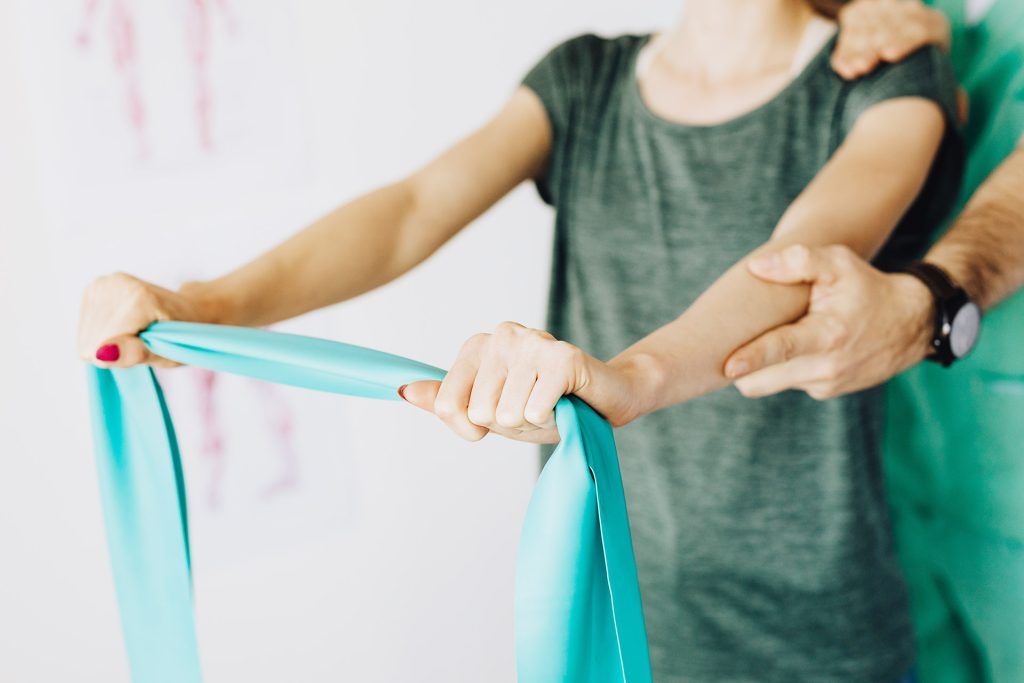
Interest in health
Disinterest, also in one’s own health, is one of the symptoms of depression. A depressed patient is unable to take responsibility for their health. Pro-health changes to prevent reoccurrence of the disease are only possible in patients who are willing to change something. They understand, accept their illness, look for remedies to function as best as possible and return to the highest possible efficiency. The patients’ interest in their illness, increasing knowledge about the causes of its occurrence and remedies are render rehabilitation success more likely. Lack of interest in one’s health limits cooperation.
Effective rehabilitation
In order to increase the effectiveness of rehabilitation, it is necessary to take care of the mental well-being of the rehabilitated person. The psyche has the power to support the patient in the rehabilitation process. Support is also needed to extract and strengthen mental strength. It would be good if the patients were under the care of a psychologist. Unfortunately, only few people have the opportunity to use the professional support of a specialist. The issue here is the availability of psychotherapists. Rehabilitation of people in poor mental condition requires the right approach of the staff, their patience and faith that the process will ultimately succeed. The lack of expected results is unsatisfactory for all parties involved in the process. Without professional support, rehabilitation is bound to be less effective.
Rehabilitation with VR TierOne
We know that somatic diseases and depression remain in a mutually unfavourable correlation. Chronic diseases in particular cause mental disorders. They make stress, anxiety and symptoms of depression appear. Depression, on the other hand, is an open gateway to physical illness. Depression means low activity, non-compliance with orders and risk of relapse, re-hospitalisation and even death. We need some sort of detour, to get out of this vicious circle. This is where the treatment of depression in a VR environment, available thanks to the VR TierOne medical device, comes handy.
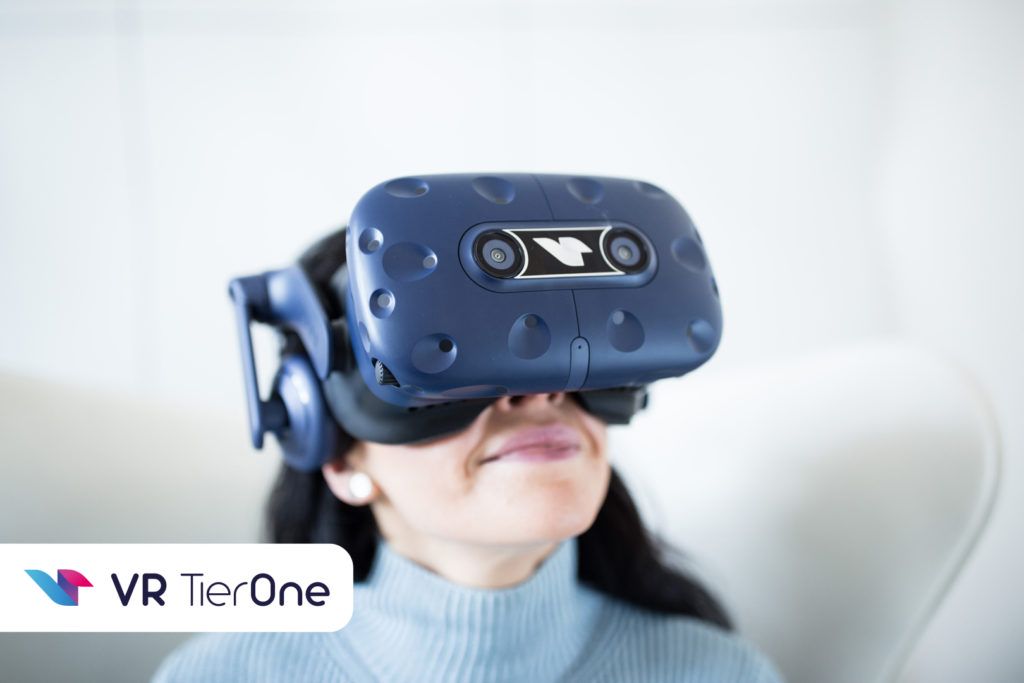
Scientific research has demonstrated that VR TierOne therapy reduces stress, anxiety and depression symptoms. It builds causative power and well-being. By including VR TierOne therapy in the rehabilitation program, one can expect an increase in motivation for changes and a desire for regular physical activity. The advantage of VR TierOne is the ability to provide effective and professional psychological support to patients in a situation, where there is no prospect of resorting to the help of a psychotherapist. Twenty-minute sessions in the Virtual Garden of Rebirth are a time that will pay off with improvement of the patients’ well-being, increased awareness of their own power and impact on the effects of treatment and rehabilitation. It is worth strengthening the patient’s psyche with VR TierOne if the improvement process is hindered, when motivational difficulties and aversion to rehabilitation occur. The device is easy to use, and the therapy itself is pleasant and safe. Working with a patient participating in VR TierOne therapy is easier, the elimination of the effects of the disease is faster, and the time spent on rehabilitation is fully utilized. Consequently, the effectiveness of rehabilitation also increases.
See how the VR TierOne works.




